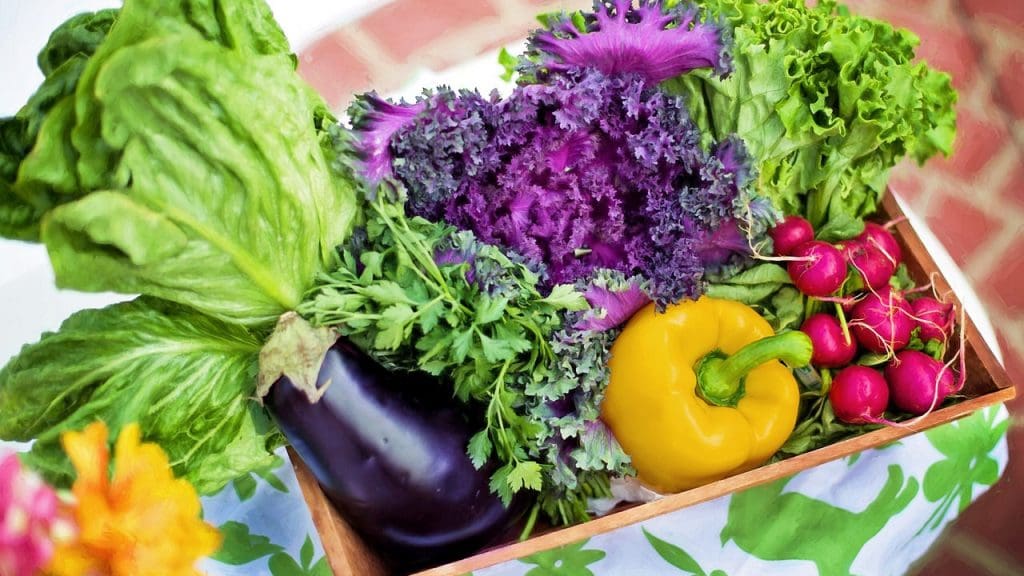
Food for Thought
Not too many of us today have had the experience planting the food we eat. My family did that when I was growing up…perhaps that’s why I’m content with shopping at the grocery store. It’s a lot of hard work! In fact, it becomes a primary focus in springtime when planting time has to be coordinated with weather conditions and temperatures. Even so, planting comes after all the labor to clear the ground, plow, till, fertilize, dig rows, and determine what should be planted on which schedule. Because spring weather can be unpredictable, one must be very watchful, seize an opportunity when it presents itself, and be prepared to drop everything else until the job is done. Then comes the waiting…and the weeding, watering, and protecting from insects and varmints. When the harvest appears, the operational mode must again coordinate with the weather, calling for dropping everything as long as it takes to get in the crop.
I find it fascinating that Jesus gave His disciples major instruction for sharing the good-news message when they were among Samaritans, instead of their own countrymen. Amazingly, many of the Samaritans of the town came to belief, compared to a spattering here and there in Israelite towns. Jesus used the analogy of planting and harvesting to help His disciples understand. John 4: 37-38: “Thus the saying ‘One sows and another reaps’ is true. 38 I sent you to reap what you have not worked for. Others have done the hard work, and you have reaped the benefits of their labor.” It would have been very easy for the disciples to believe they had accomplished something mighty among foreigners. Instead, Jesus pointed out that the soil of the Samaritans’ hearts was ready to receive – probably because of the hardships of being outcasts — compared more prideful Jewish hearts because they were “the chosen people”.
There is a huge lesson for those of us desiring to participate in growing the Kingdom of God. Most of us tend to minimize the value of the soil preparation over the value of the harvest, because the latter is quantitative. The former not only lacks physical proof, but can be sabotaged by many other factors: hardships, traumas, life circumstances, timing.
While there is great joy in bringing someone to the life-changing moment of asking Jesus to be Lord, I would submit that the soil preparation is the more difficult work – primarily because we seldom see the fruit of our labor and are tempted to think our work amounted to nothing. That discouragement can lead to not wanting to try. Here is where Jesus gives aid to the preparation with more laborers focused on the same plot of ground; then by additionally making the work something any of us can do any day with very little effort. Consider the joy of breaking up hard ground with a smile or kind word, plowing the earth by listening to and empathizing with the individual’s heart-cry, tilling the dirt with a hug, and creating the hole for the seed by loving without conditions. Affirming the Truth of the individual’s priceless value, because of the love and sacrifice of our priceless God, is the planting of the Seed. Abundant harvest (requiring its own labor) is the hopeful outcome, always bringing the worker tremendous joy. Graciously, the Lord has decreed a different joy for those who participate in the long labor of planting. “Then your Father, who sees what is done in secret, will reward you.” (Matt 6: 4, 6) And who could imagine greater joy than hearing from our Lord the words, “Well done, good and faithful servant” (Matt 25:21)? Worth the labor and worth the wait, wouldn’t you say?
